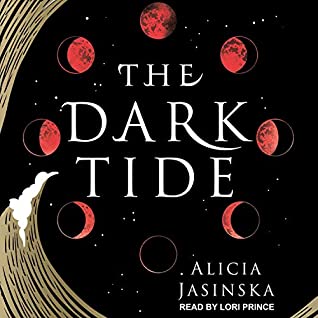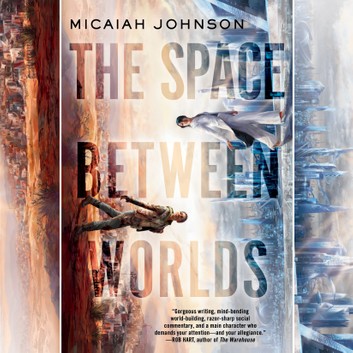Buy this from Bookshop.org to support local bookstores and the Lesbrary! Two teen girls, Hannah Dexter and Lacey Champlain, become obsessively attached to each other in their rebellion and vengeful agenda against Nikki Drummond. Then dark secrets about what happened to Craig, the boy found dead at the beginning of the novel, begin to unravel,Read More
Meagan Kimberly reviews The Dark Tide by Alicia Jasinska
Amazon Affiliate Link | Bookshop.org Affiliate Link Every year the witch queen of Caldella must choose a lover from the town to sacrifice to the dark tide, saving the island and its people from annihilation. Every year another boy is taken and everyone accepts it. But when Lina’s brother is in danger of becoming theRead More
Meagan Kimberly reviews The Space Between Worlds by Micaiah Johnson
Amazon Affiliate Link | Bookshop.org Affiliate Link Cara is a traverser in a world where travel between universes has been discovered. In most worlds, she’s dead, making her the perfect candidate for the job, as traveling to worlds where your counterpart is still alive results in your death. But the protagonist isn’t all she seems,Read More
Julie Thompson reviews The Dark Wife audiobook by Sarah Diemer, narrated by Veronica Giguere
BEFORE. I am not my mother’s daughter. I have forfeited my inheritance, my birthright. I do not possess the privilege of truth. The stories told by fires, the myth of my kidnap and my rape, are all that remain of me. Forever I will be known as the girl who was stolen away to beRead More


